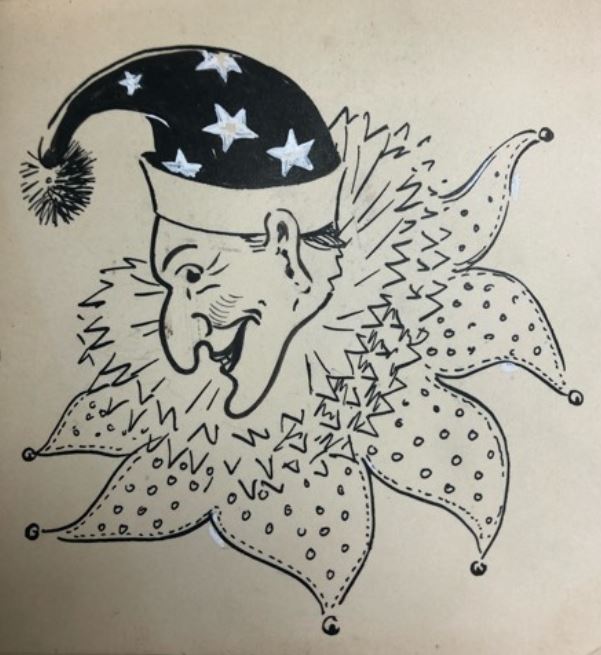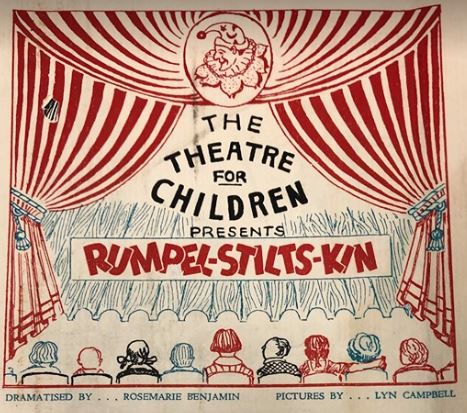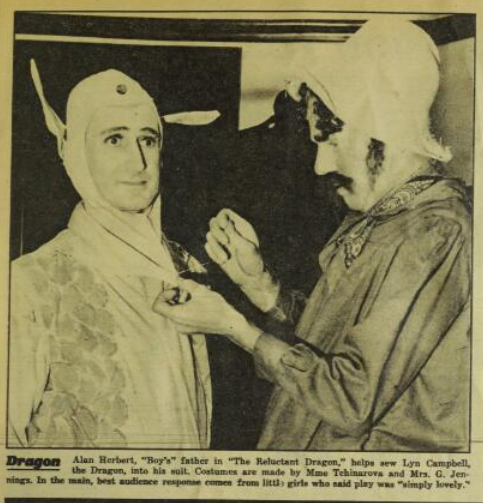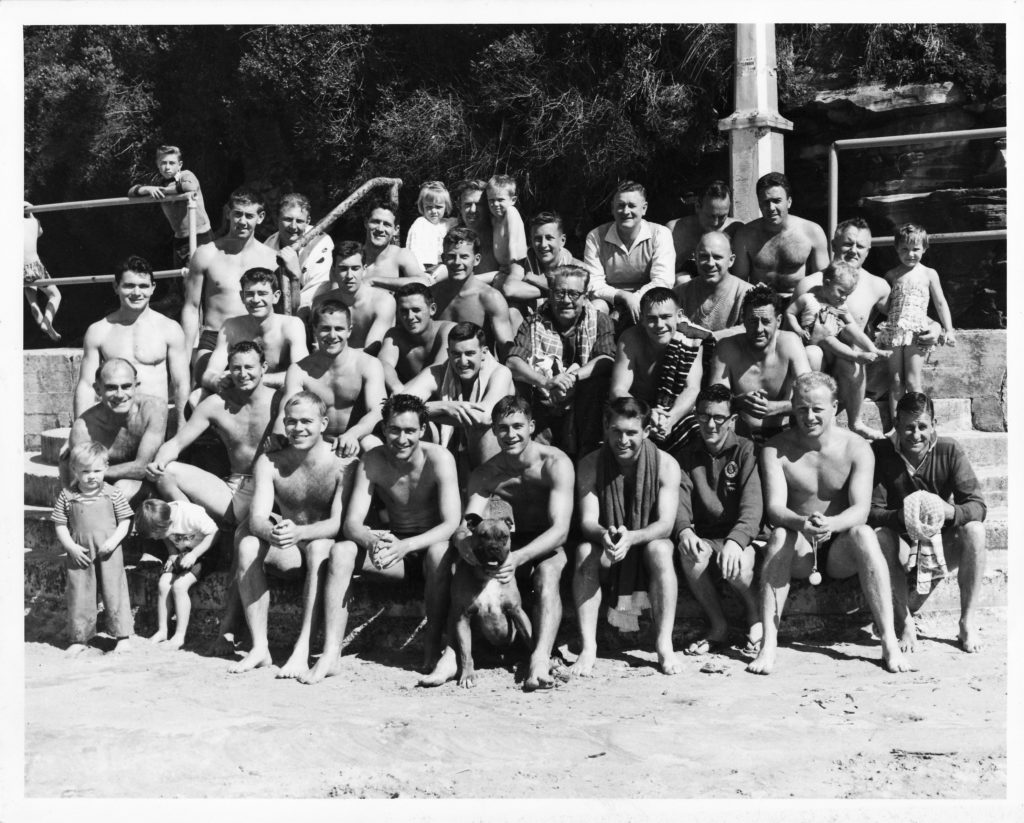Faculty of Arts and Social Sciences, University of Sydney
Since 2012, the Departments of English, History, and Classics and Ancient History have worked with low-socioeconomic high schools across NSW to engage with a wider cohort of students, make us better, more inclusive teachers, foster aspiration, and encourage students of diverse backgrounds to participate in higher education. Further information about these programs can be found here: http://sydney.edu.au/arts/widening_participation/ and https://historymatters.sydney.edu.au/category/history-and-social-inclusion/
This year, as part of a successful Strategic Education Grant (Widening Participation), we will recruit Leadership Fellows from across the Faculty (two per School), for HDR students to play a critical role in our new project entitled “Communities of Support: First Generation Students and the Transition to University.”
This Faculty-wide two-tier project will address student transition and retention issues among some of our most at-risk students, and contribute to student well-being and satisfaction. The project aims to create a pool of trained student volunteers and Leadership Fellows from each School who will work closely with current low-ses and First in Family students to co-create an intensive mentoring experience for incoming students in 2020. We hope to build a community of engaged, informed, and trained students and enrich the student experience for all, as well as hep inform a more formal Faculty-wide transition program in the future.
Our Leadership Fellows will be given the opportunity to advance key academic skills, including inclusive teaching and mentoring in higher education; providing mentorship to undergraduate volunteers, design support activities for volunteers to support their mentees, lead cohorts of volunteers in the delivery of grant projects, and provide general event coordination and publicity support.
The Leadership Fellow program runs from February to December 2020. The specific responsibilities, dates of commitment, and key programs of involvement for Fellows are outlined below. All duties will be conducted under the supervision and guidance of Project Manager, Dr Kieryn McKay, with the support of Project Assistant, Simon Wyatt-Spratt, and under the general direction of Associate Professor Melissa Hardie and Professor Michael A. McDonnell.
All Fellows will receive training in Inclusive Teaching and Low-SES Volunteering to qualify for their position. Fellows will receive a $500 honorarium and a certificate of achievement for their contributions to the program, both of which will be presented to Fellows at the end of their Fellowship term.
Qualification
To apply to become a Leadership Fellow, you must be currently enrolled in a Higher Degree Research program in FASS.
Applications
Application forms are available via this Qualtrics link: https://sydney.au1.qualtrics.com/jfe/form/SV_9BNpSzZWRTvBcDr
Applications require candidates to provide a brief outline of relevant experience and the details of two referees.
All applications for the 2020 Leadership Fellow scheme are due by noon (12:00 pm) on Friday, January 31st.
Leadership Fellows 2020 – Responsibilities
The specific duties, dates of commitment, and key involvement for Fellows are outlined below. All responsibilities will be conducted under the supervision and guidance of the Project Manager, Dr Kieryn McKay, and with the support of Project Assistant, Simon Wyatt-Spratt, and under the general direction of Associate Professor Melissa Hardie and Professor Michael A. McDonnell.
Responsibilities and time commitments for Fellows are outlined below. Please note that some activities require advanced preparation, and you will be required to communicate with a small pool of volunteers (4-6 maximum) throughout the year.
Time commitment: welcome and training session, 10 am-4 pm on Friday, February 7th; Mentor/Fellows Partnerships Lunch, 12-1 pm Friday, Feb. 28; a once-monthly lunch with Project officers and involved academics; end-of-semester and year Social event and evaluations.
Outline: Leadership Fellows will be trained by program leaders in inclusive teaching and support, and will then in turn be responsible for coordinating and supporting small groups of undergraduate students as they mentor new first year students through the year. Leadership Fellows will also provide valuable input into the mentoring program and meet with undergraduate volunteers at least once a month, as well as meeting Project officers and academics every month. As a Leadership Fellow you will help to coordinate the program and will play a key leadership role for our group of volunteer mentors.




